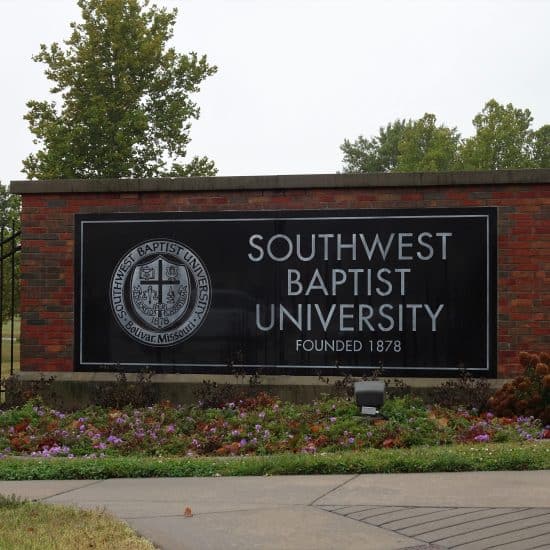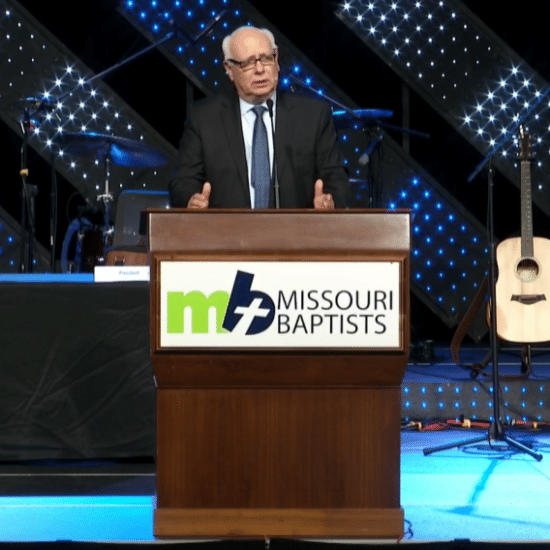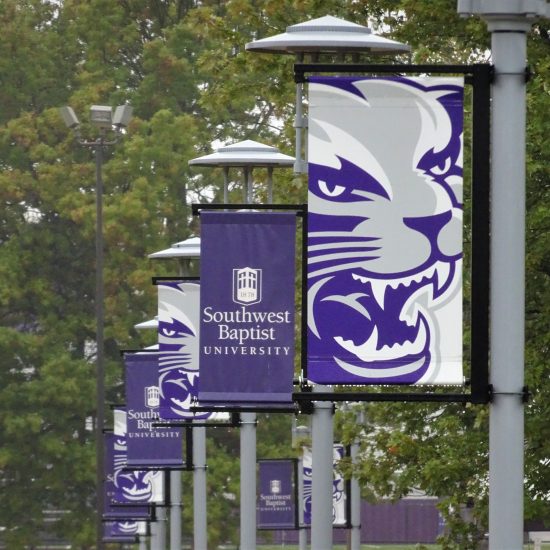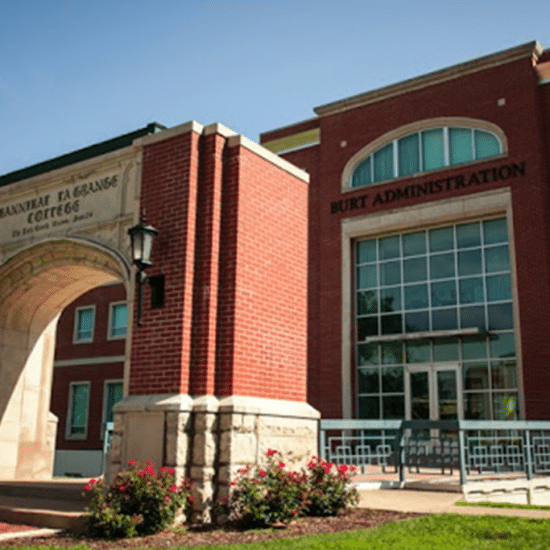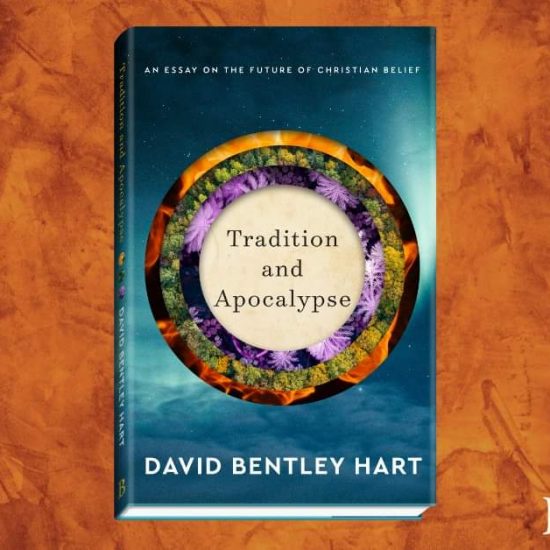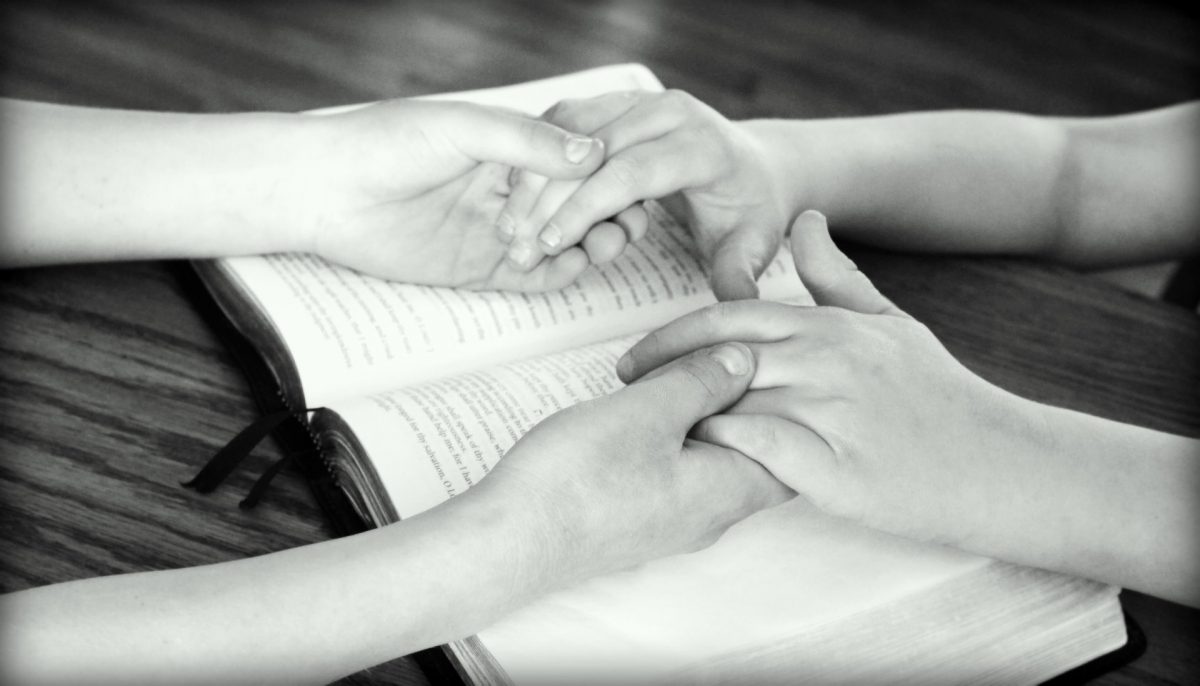
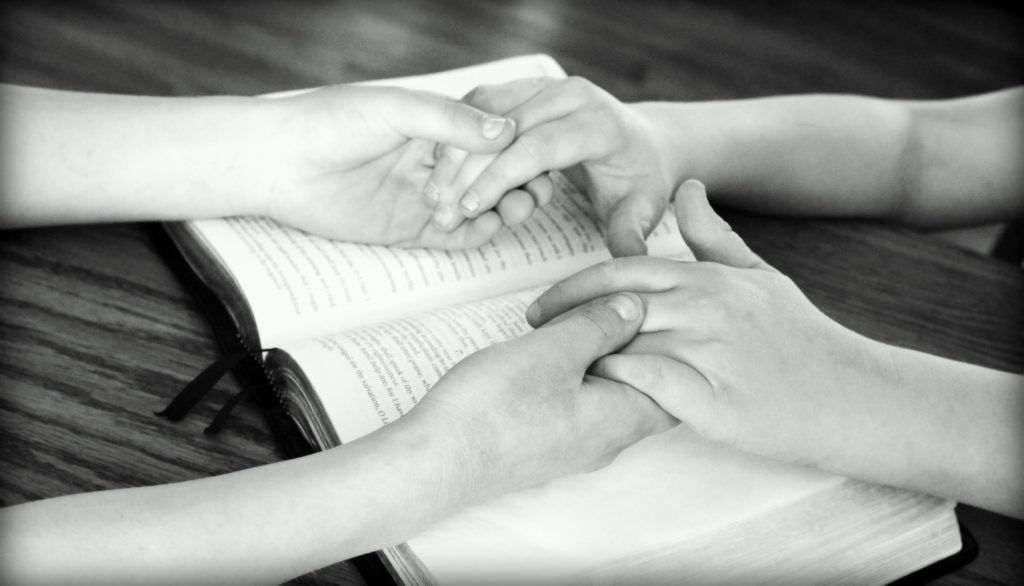
Despite a focus by Baptists on orthodoxy, many Baptist ethicists and theologians not only argue orthopraxy (“right living”) is also both important but that true orthodoxy cannot exist without orthopraxy, and vice versa. (Pixabay)
Google “orthodoxy” (which means “right thinking”) and the internet search engine quickly spits out about 14.9 million results. Yet, a search for “orthopraxy” (which means “right living”) yields only about 353,000 items, or just over two percent as many pages as for orthodoxy. While Gmail accepts “orthodoxy” as a word, its automatic spellchecker places red squiggly lines under “orthopraxy.”
This unbalance often appears in Baptist life, too. A search of the Southern Baptist Convention’s Baptist Press articles of the last three decades finds just 10 pieces mentioning orthopraxy and 306 mentioning orthodoxy. Searching Baptist News Global’s articles brings 263 for orthodoxy and just 10 for orthopraxy. Word&Way’s own online archive over the past decade yields only two search results for orthopraxy (both in the last two years) and 28 for orthodoxy.
Orthodoxy remains a rallying cry among Baptists. Four decades ago, Paige Patterson and Paul Pressler launched a movement to shift the SBC rightward over doctrinal concerns — even as critics blasted some of their campaign tactics as unethical behavior. Last year, Southwestern Baptist Theological Seminary in Fort Worth, Texas, fired Patterson for improper actions in response to student rapes. Meanwhile, three men have filed official court statements accusing Pressler of unwanted sexual behavior.
More recently, a fired professor in Southwest Baptist University’s Redford College of Theology and Ministry — Clint Bass — claims his former colleagues hold “doctrinal deficiencies” he calls “irregular, deviant, aberrant or errant.” Yet, SBU leaders point to Bass’s alleged unethical actions — orthopraxy, not orthodoxy — to explain his firing. Despite the firing for misconduct, the Baptist Press and Baptist News Global articles on the controversy appear in the searches for “orthodoxy” but not “orthopraxy.”
Some of Bass’s supporters even argue he could commit unethical actions if done in defense of orthodoxy. Jonathan Arnold (a former doctoral classmate of Bass) and Tyler Flatt co-wrote a letter defending Bass. In response to SBU’s claims that Bass’s actions violated ethical and professional cannons of conduct for professors, the two professors at Boyce College, the undergraduate school of Southern Baptist Theological Seminary in Louisville, Ky., argued Bass instead followed “the obviously overriding ethical mandate of defending the historic Christian faith and of protecting the interests of affiliated entities, in this case the Missouri Baptist Convention.”
Despite this focus on orthodoxy, many Baptist ethicists and theologians not only argue orthopraxy is also both important but that true orthodoxy cannot exist without orthopraxy, and vice versa.
Rodney Reeves, dean of SBU’s Redford College and a key target of Bass’s attacks, addressed issues of orthodoxy and orthopraxy in a book coauthored with David Capes of Houston Baptist University in Texas and Randolph Richards of Palm Beach Atlantic University in Florida.
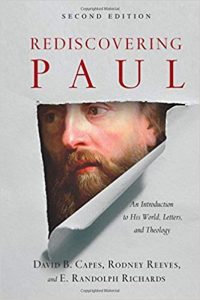
Rediscovering Paul, IVP Academic
“Some people try to separate orthodoxy from orthopraxy, as if one can exist from the other,” they noted in “Rediscovering Paul” published in 2007. “Paul maintained believing and doing are inseparable: What we believe impacts how we live, and what we do reveals what we believe.”
Similarly, Peter Tie, a professor at Christian Witness Theological Seminary in San Jose, Calif., notes that orthodoxy and orthopraxy “are conceptually distinguishable but not biblically divisible.” Thus, he calls them “two sides of the same coin.”
A Chinese-Malaysian native with a Ph.D. from Southwestern Baptist Theological Seminary, Tie is one of the few Baptists to write a book naming orthopraxy as a key issue: “Restore Unity, Recover Identity and Refine Orthopraxy: The Believers’ Priesthood in the Ecclesiology of James Leo Garrett, Jr.” The foreword to Tie’s book is by David Dockery, who will chair an external peer assessment committee for SBU to, as SBU put it in a news release, “lead a University-wide dialogue regarding faith and learning” including “deeper conversations and evaluations regarding orthodoxy.” Orthopraxy does not receive a mention in the statement.
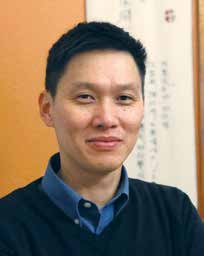
Peter Tie
Yet, Tie told Word&Way the two cannot be separated.
“Orthodoxy is the indispensable foundation of orthopraxy, and the latter is the necessary extension of the former,” he explained. “Orthodoxy without orthopraxy is likened to the demons who ‘know’ what true faith is (e.g., God is one, or Jesus as the Son of God) but do not have action of faith, namely, personal obedience to this Lord (James 2:19). While the ‘orthodoxy-only’ emphasis helps to construct correct doctrine, it may produce hypocrisy in Christianity or create a theological ivory tower.”
Mitch Randall, executive director of the Baptist Center for Ethics and its news arm EthicsDaily.com, also sees “the marriage” between the two orthos as needed for “a holistic approach to a Christian faith.”
“A lot of times we try to compartmentalize those two and divorce those two,” he noted. “We need to be fostering both of those because our orthopraxy comes from our orthodoxy. And orthodoxy is static if it’s not living and being lived out.”
“James says it so eloquently about faith and works in his epistles,” Randall added. “It’s vitally essential for Christians to make sure they’re nurturing both of those components in their faith — orthodoxy and orthopraxy.”
Orthodoxy Without Orthopraxy
In the 1960s, Clarence Jordan looked around at U.S. Christianity and feared the distance of time and space away from the biblical stories allowed people to go to church and hear about the gospel messages and then walk outside and completely overlook the very injustices the prophets condemn. So, Jordan used his Ph.D. in New Testament Greek from Southern Baptist Theological Seminary in Louisville, Ky., to create a new version of the Bible — the “Cotton Patch Gospel” — that not only translated the language but also the geographical and cultural context.

Clarence Jordan’s writing shack — where he created his “Cotton Patch Gospel” translation — at Koinonia Farm near Americus, Ga.
In particular, Jordan’s translation takes the racial issues of Jesus’s day and connects them to those of Jordan’s time. Thus, Jesus becomes a white preacher in Georgia during the middle of the 20th century. Now, Jesus is preaching against the KKK for distorting God’s message of love, criticizing political leaders in Georgia, Mississippi and Washington, D.C., for racist and unjust policies and harshly condemning white Southern Protestant preachers and churchgoers as hypocrites bound for hell. Writings such as Jordan’s are the kind of stuff that got Jesus crucified in the first place — or as Jordan retells it, lynched. And the KKK tried to help Jordan follow Jesus in that way.
Jordan was a Southern Baptist until his church kicked him out for bringing a friend from India to worship during the segregated 1950s. He had previously started an interracial Christian farming community known as Koinonia Farm along with his wife, Florence, and Northern Baptist (now known as American Baptist) missionaries Martin and Mabel England. Later, Jordan and Millard Fuller created what became the pilot program for Habitat for Humanity. Clearly, for Jordan, one could not separate doctrine from action.
“We have come to dissociate belief from faith and we think of belief as a way of thinking when the original intent was not to describe a way of thinking but a way of acting,” he explained in “The Substance of Faith” book collection of his sermons. “Actually, our English word belief comes from the old Anglo-Saxon be, which means ‘by,’ and lief, which means ‘life.’ What one lives by is actually his belief or his by-life.”
“So as long as the word [or Bible] remains a theory to us, and is not incarnated by our actions and translated by our deeds into a living experience, it is not faith,” he added in that sermon. “It may be theology, but it is not faith. Faith is a combination of both conviction and action. It cannot be either by itself.”
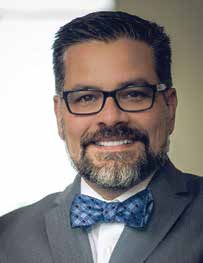
Mitch Randall
Jordan believed his fellow Southern Christians often lived as if the biblical stories had no impact on their actions, especially toward African-Americans. Thus, in another sermon, he criticized “this schizophrenia of orthodoxy.” Jordan added that Jesus went to Jerusalem to “go into the very face of the orthodoxy which can quote Scripture and slit a man’s throat at the same time, the orthodoxy which can quote the prophets and engineer a crucifixion.”
Today, Randall sees the continued danger of focusing on orthodoxy but not orthopraxy. He warned such a one-sided focus — “a lazy way to do theology” — can become “static and never is lived out in the real world.” A consequence of such “a rigid orthodoxy” can be unethical attacks made in the name of orthodoxy.
“We see that in religious fundamentalism a lot where there’s a high emphasis on what you believe about the Bible and not actually do what it says,” he explained. “People want to know what you believe about the Bible, but no one necessarily cares if you actually do what the Bible says to do. That can become extremely problematic when ideas and beliefs are used as a litmus test solely for the purpose of judging one’s faith.”
Bill Tillman, chair of the Baptist World Alliance’s Christian Ethics Commission and coordinator of the Center for Congregational Ethics, similarly warns of an orthodoxy divorced from orthopraxy. He sees the need for “working from a both-and perspective” instead of creating “a false dichotomy” that splits the two orthos.
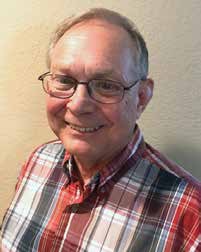
Bill Tillman
Tillman believes that due to the focus on orthodoxy, “we are always close to losing the dynamic of orthopraxy.” A longtime ethics educator, he sees this risk particularly in academic settings.
“Too many academic settings major on descriptive, abstract discussions without attention to what applying those theological abstractions in life mean,” he said. “Majoring on orthodoxy moves discussions, debates, actions in the direction that the ends justify the means, when the means should carry the same value constructs as any theological constructs.”
“The evolution or de-evolution in theological thinking and action over the centuries is that the tendency has been to put more emphasis on doctrinal, even creedal, outlines, statements, propositions,” he added. “It’s easier to argue over ideas than doing good. The incivility that has spread in a pandemic fashion is easier to employ than making attempts in the name of God to make peoples’ lives better.”
Tillman instead points to the need for love in all that Christians do.
“We cannot forget that Christ-followers were first called Christians in Antioch of Syria because they demonstrated love to one another,” he said
And when Paul wrote to the believers in Corinth about the three great virtues — faith, hope and love — the great shaper of doctrines chose love as the greatest. Perhaps he did since, as he wrote in the previous verse, we currently cannot see completely but instead view the world as through a trick mirror. Lacking the vision needed for orthodoxy in all things, Paul’s calls for living out love.

